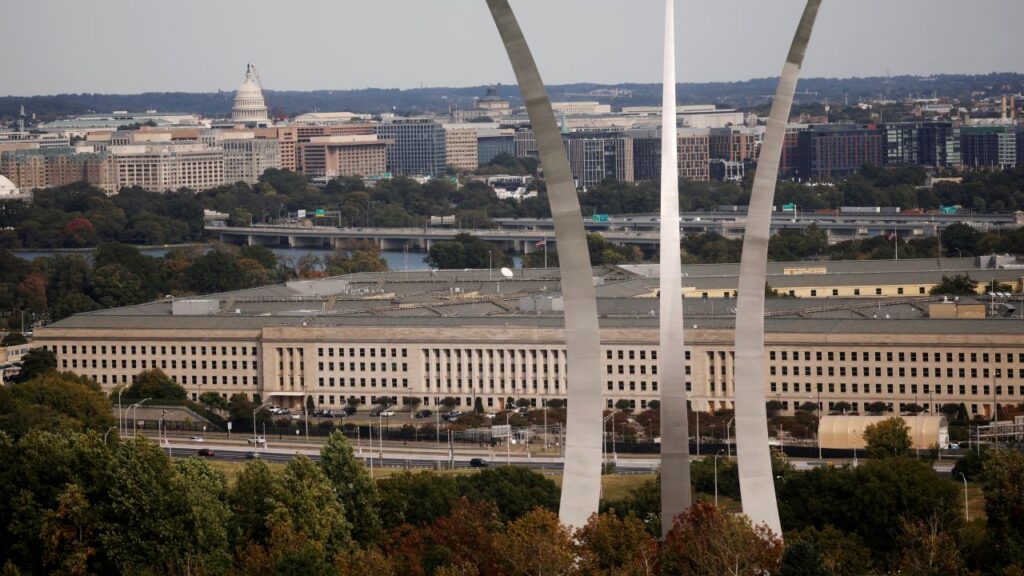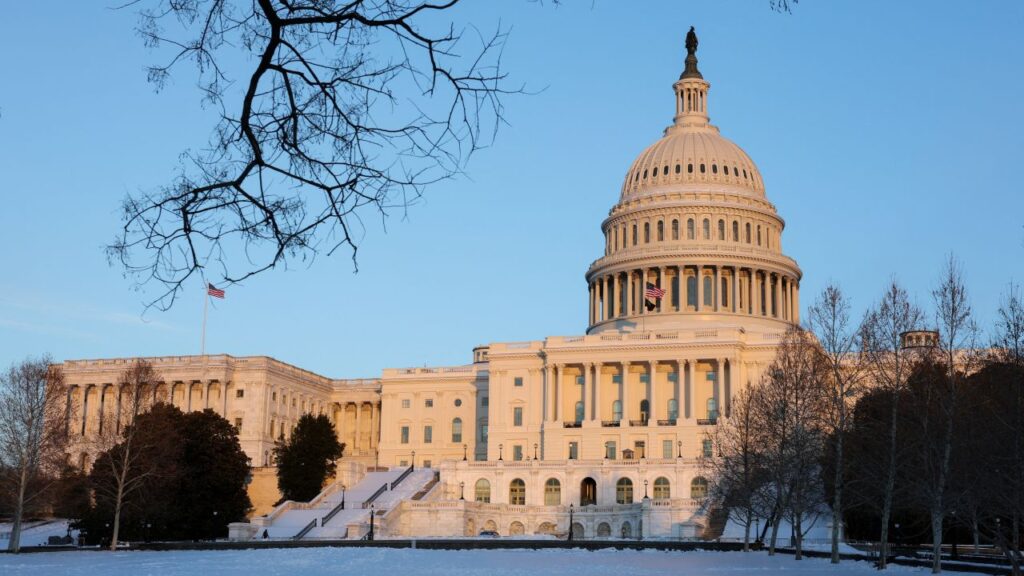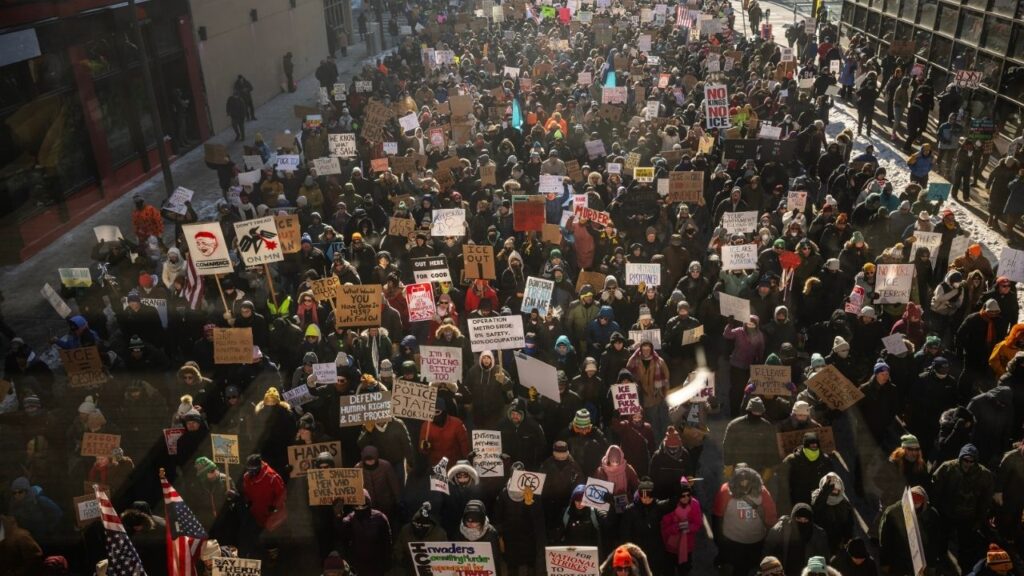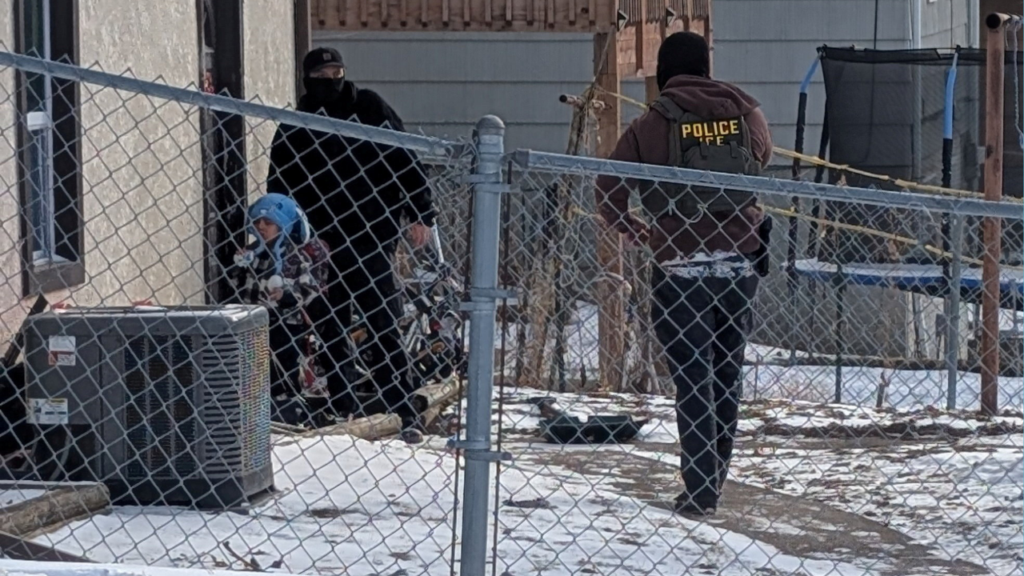The Supreme Court has ruled in favor of a North Dakota truck stop, challenging a decade-old regulation on debit card swipe fees, opening the door for late challenges to regulations. (AP/Susan Walsh)
Share
|
Getting your Trinity Audio player ready...
|
WASHINGTON — The Supreme Court opened the door Monday to new, broad challenges to regulations long after they take effect, the third blow in a week to federal agencies.
The justices ruled 6-3 in favor of a truck stop in North Dakota that wants to sue over a regulation on debit card swipe fees that the federal appeals court in Washington upheld 10 years ago.
Federal law sets a six-year deadline for broad challenges to regulations. In this case, the regulation from the Federal Reserve governing the fees merchants must pay banks whenever customers use a debit card took effect in 2011.
The deadline for lawsuits over the regulation was in 2017.
Related Story: Auditor Looks at Fresno’s Credit Card Bills. Who Were the Biggest ...
Corner Post Challenges Regulation
Corner Post, a truck stop in Watford City in western North Dakota, didn’t open its doors until 2018.
Still, a federal appeals court dismissed the challenge as too late.
The company appealed to the Supreme Court. The Biden administration had urged the court to uphold the dismissal because otherwise, governmental agencies would be subject to endless challenges.
Related Story: Why Now Is a Crucial Time to Pay Off Credit Card Debt
Implications of the Decision
The decision could take on new significance in the wake of last week’s ruling that overturned the 1984 Chevron decision that made it easier to uphold regulations across a wide swath of American life. The court also stripped the Securities and Exchange Commission of a major tool to fight securities fraud.
Chief Justice John Roberts captured the dilemma facing the court when the Corner Post case was argued in February. Agencies could face repeated challenges “10 years later, 20 years later” and “sort of have to create the universe, you know, repeatedly.”
On the other hand, Roberts said, “You have an individual or an entity that is harmed by something the government is doing, and you’re saying, well, that’s just too bad, you can’t do anything about it because other people had six years to do something about it.”
The legal principle that everybody is entitled to their day in court, Roberts said, “doesn’t say unless somebody else had a day in court.”



















